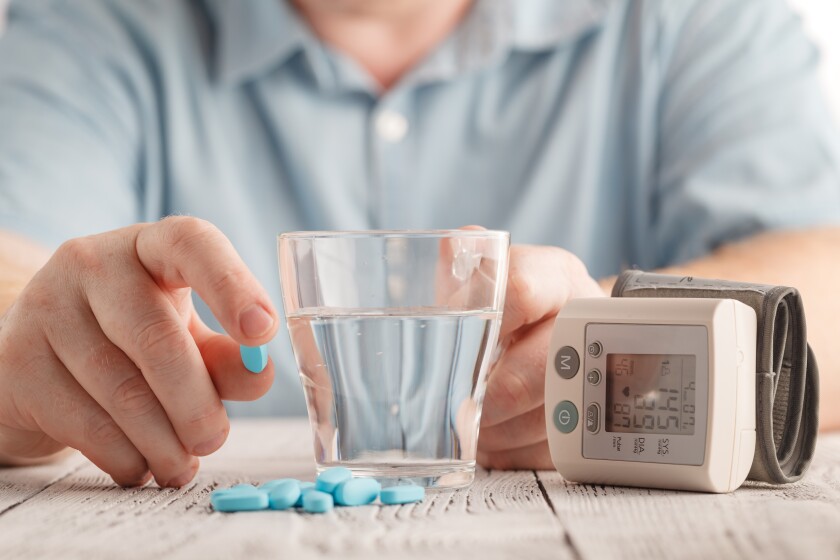Blood Pressure Medications Double the Risk of Bone Fractures in Older Adults

Healthcare professionals are calling for increased caution when prescribing common blood pressure medications to older adults. A recent study indicates that these patients are over twice as likely to suffer from fall-related fractures after starting the medication.
Many of us have felt lightheaded when standing up quickly, but for seniors on new blood pressure treatments, such dizziness can be deadly if not carefully monitored. Nearly half of hip fractures in older adults lead to a cascade of health complications, often resulting in death within a year.
Blood Pressure Medications Double Fracture Risk in Elderly Care Residents
A study involving nearly 30,000 elderly care residents revealed that common blood pressure medications can cause sudden dizziness due to temporary low blood pressure, increasing the risk of serious injuries for those already prone to balance issues.
“These patients need close monitoring, especially when starting treatment, which isn’t currently happening,” said Chintan Dave. “Caregivers often view blood pressure medications as low-risk, but that’s not accurate for this population.”
By analyzing data from 29,648 elderly care residents who suffered fractures within 30 days of starting blood pressure medication, researchers found that the 30-day fracture risk was 5.4 per 100 people per year. In contrast, the risk for those not on the medication was significantly lower at 2.2 per 100 people per year.
The risk was also higher for patients with dementia or high systolic blood pressure, but the worst outcomes were seen in those with no recent history of taking blood pressure medication.
“Bone fractures can trigger a decline in nursing home patients,” said Dave. “About 40% of those who fracture a hip die within a year, so it’s alarming to discover that medications used by 70% of nursing home residents more than double the risk of bone fractures.”
Improving Fall Prevention for Elderly on Blood Pressure Medications
While acknowledging the life-saving benefits of blood pressure medications, researchers stress the need for increased vigilance for patients beginning treatment, especially after a break. Preventing falls could ultimately save lives.
“Caregivers need accurate data to balance the risks and benefits,” said Dave. “I hope this study provides information to improve patient care.”
Read the Original Article on: New Atlas
Read more: Traffic Jams Trigger a 24-Hour Blood Pressure Surge










